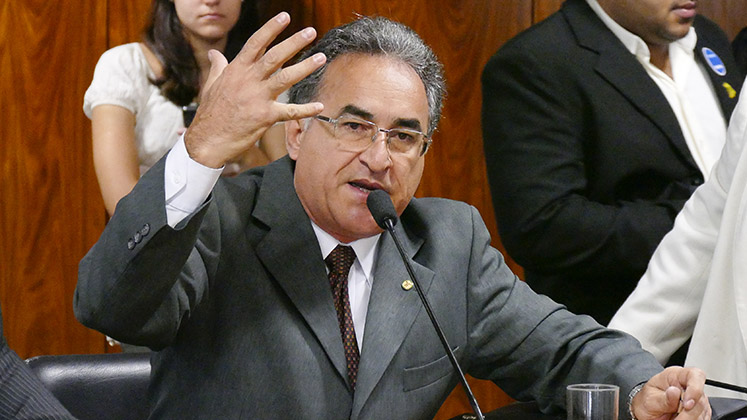MSc Health & International Development students, Cinja Jostock and Jasmine Birmingham, write about their experience working with the World Health Organization for their DV453 Consultancy Project to investigate how national macroeconomic policies in response to COVID-19 may have influenced maternal, neonatal, and child (MNC) health service utilisation in low- and middle-income countries.
Upon starting our journey of the MSc in Health and International Development, we were especially looking forward to the International Development Consultancy Project. Our group (which included two other members: Ariel Dickson and Hammad Jeilani) was extremely excited to be given the opportunity to complete a consultancy project in collaboration with the World Health Organization. The aim of our project was to investigate how national macroeconomic policies in response to COVID-19, such as cash transfer programmes and tax relief, may have influenced maternal, neonatal, and child (MNC) health service utilisation in low- and middle-income countries. Generally, macroeconomic policies are often not targeted at MNC health but rather supporting households. Nevertheless, they can directly or indirectly impact MNC health service utilisation by supporting household income and the healthcare system to improve accessibility.
The Project
Women have been disproportionately impacted by the adverse economic consequences of COVID-19, which presents a threat to the utilisation of essential MNC health services. While many countries have enacted macroeconomic policies to minimise the effects of shocks, how these policies affect MNC health service utilisation is poorly understood. As resources and medical staff are deployed to the COVID-19 response, it is important to guarantee the maintenance of other essential health services. The aim of our project was therefore to explore the possible connection between macroeconomic policies enacted in response to the COVID-19 pandemic and MNC health service utilisation.
What made our topic even more exciting was its novelty, as there are very few studies on the potential link between macroeconomic policies during crises and health service utilisation. Working with our client, we compiled four original low and middle-income country* case studies to examine in detail the relationships between macroeconomic policies and MNC health service use. We combined desk-based research of policies and health systems and secondary analysis of national MNC health service utilisation data.
Although the effect differed between the countries, underlining the importance of unique country contexts and COVID-19 trajectories and responses, countries overall appeared to have mitigated large declines in MNC health service utilisation. Countries reacted promptly to the pandemic and enacted an impressive array of both demand- and supply-side macroeconomic policies, which appear to have had beneficial effects on maintaining MNC health service utilisation. Our work serves as a point of departure for future research on the link – including causality – between specific macroeconomic policies and MNC health service utilisation. National and international policymakers have an opportunity to learn from the devastation of COVID-19 to improve preparedness and coordination in future health emergencies.
The Experience
The novelty of the topic made the project very challenging at times, but our diverse backgrounds enabled us to pool our knowledge and be creative in delivering on our brief. This was complemented by comprehensive guidance from the client and our LSE coach. The complex and varied nature of the project was one of the aspects we enjoyed most, as it allowed us to develop both our qualitative and quantitative research skills. We allocated tasks to actively draw on everyone’s individual strengths and were able to learn a lot from each other. During the COVID-19 pandemic and national lockdowns, virtual team meetings also enabled us to stay up to date and collaborate effectively together. The project was a valuable opportunity to grow both personally and professionally. As our courses usually require us to work independently, the consultancy project was a very welcome opportunity to work as a team and to strengthen our team building and communication skills.
Overall, the consultancy project has immensely enriched our learning during our MSc in Health and International Development. The project allowed us to connect with our fellow students and learn how to navigate the challenges of a real-world consultancy project as a team, working with an external client. Ultimately, we have been able to gain invaluable, hands-on experience that has given us skills and know-how that will be beneficial to our future careers.
*As part of our agreement with WHO, we do not name the individual countries.
The views expressed in this post are those of the author and in no way reflect those of the International Development LSE blog or the London School of Economics and Political Science.





